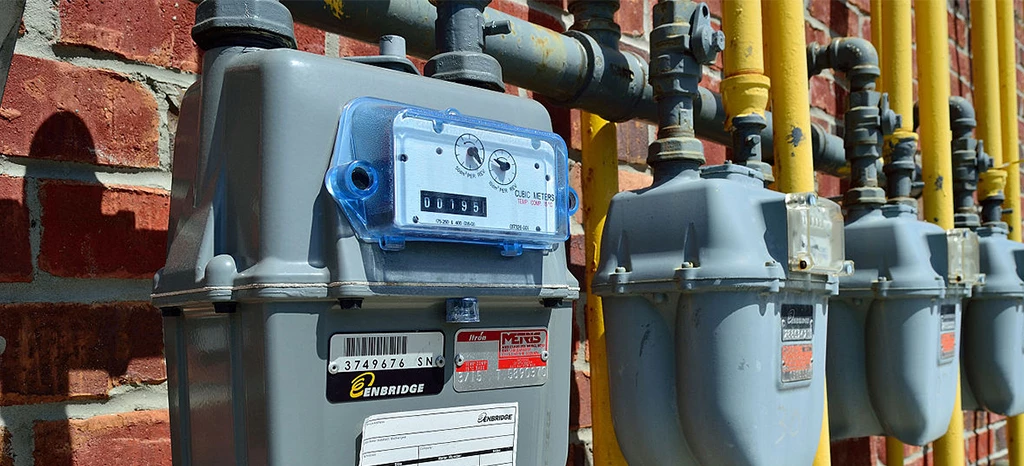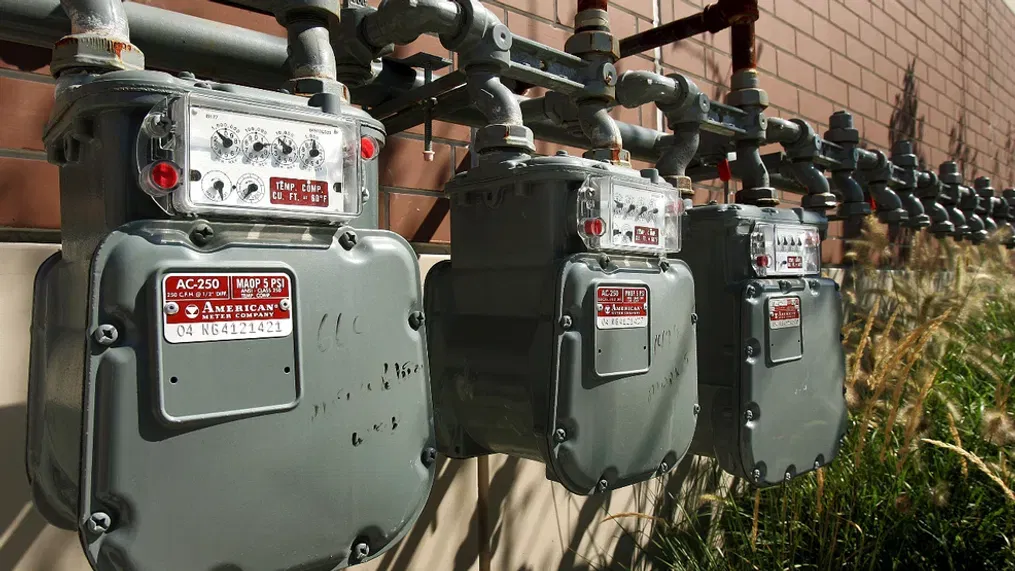Is Natural Gas Heat Better Than Electric?
Is natural gas heat better than electric? In this comprehensive article, we delve into the advantages and disadvantages of both natural gas and electric heating systems, helping you make an informed decision for your home.

Is Natural Gas Heat Better Than Electric?
In this section, we will compare natural gas heat with electric heat, highlighting the key differences and benefits of each.
1. Energy Efficiency
When it comes to energy efficiency, natural gas heating systems tend to have an edge over electric ones. Natural gas furnaces and boilers convert a higher percentage of their fuel into usable heat compared to electric heaters.
The process of generating electricity and transmitting it to homes can result in some energy loss, making electric heating slightly less efficient in comparison.
2. Cost-effectiveness
Cost is a crucial factor for homeowners, and the choice between natural gas and electric heat can significantly impact your monthly bills.
While the cost of natural gas may vary depending on market conditions, it is generally more affordable than electricity.
However, the overall cost-effectiveness of each option depends on factors such as local utility rates and the energy efficiency of the heating system.
3. Environmental Impact
In terms of environmental impact, electric heating is often considered more environmentally friendly.
Electric heaters produce zero on-site emissions, making them a cleaner option in areas with a high percentage of renewable energy sources.
On the other hand, natural gas heating systems emit greenhouse gases during combustion, contributing to climate change.
However, advancements in natural gas technology, such as condensing boilers, have improved their energy efficiency and reduced emissions.
4. Heating Performance
When it comes to heating performance, both natural gas and electric systems can effectively heat your home.
Natural gas heating provides a more consistent and immediate heat output, whereas electric systems may take slightly longer to warm up the space.
However, with the advent of advanced electric heating technologies, this performance gap has narrowed significantly.
5. Safety Considerations

Safety is a top priority for any heating system. Natural gas is flammable, and gas leaks can pose safety hazards. Modern gas systems incorporate safety features, like automatic shut-off valves, to mitigate these risks.
Electric heating systems, on the other hand, eliminate the risk of gas leaks, making them potentially safer in this regard.
6. Installation and Maintenance
The installation process and maintenance requirements are essential factors to consider.
Natural gas heating systems generally require professional installation due to gas line connections and safety considerations. Regular maintenance is also necessary to ensure safe and efficient operation.
Electric heating systems, being simpler in design, may offer easier installation and typically require less maintenance.
7. Aesthetics and Space Consideration
The aesthetics of your heating system and space considerations are subjective factors. Natural gas systems usually involve visible vents and a furnace or boiler, which may impact interior design choices.
Electric heating systems, such as radiant heaters or baseboard heaters, can be more inconspicuous and flexible in terms of placement.
8. Noise Levels
Noise levels can influence your comfort at home. Natural gas systems may produce some operational noise, such as the sound of burners or fans.
Electric heating systems, especially radiant heaters, tend to operate silently, providing a quieter heating experience.
9. Resilience in Power Outages
Power outages can occur during extreme weather conditions. Natural gas heating systems remain operational during power outages, providing heating continuity.
Electric heaters, on the other hand, depend on the electricity supply and may not function during blackouts, leaving you without heat until power is restored.
10. Long-Term Viability
Considering long-term viability is crucial when choosing a heating system. Natural gas is a finite resource, and its availability may be subject to fluctuations in supply and demand.
Electric heating systems, powered by diverse energy sources, may offer more stability and resilience in the long run.
11. Government Incentives and Rebates
Governments often offer incentives and rebates to promote energy-efficient and eco-friendly heating systems.
These incentives can vary based on location and heating type. It’s essential to research available incentives to make an informed decision based on your local offerings.
Conclusion
In conclusion, the choice between natural gas and electric heat depends on various factors, including energy efficiency, cost-effectiveness, environmental impact, safety, aesthetics, and long-term viability.
Natural gas systems often offer better energy efficiency and cost-effectiveness, while electric systems are generally considered more environmentally friendly.
By considering all aspects and weighing the pros and cons, you can choose the heating system that best suits your home and lifestyle.
READ ALSO!!!





